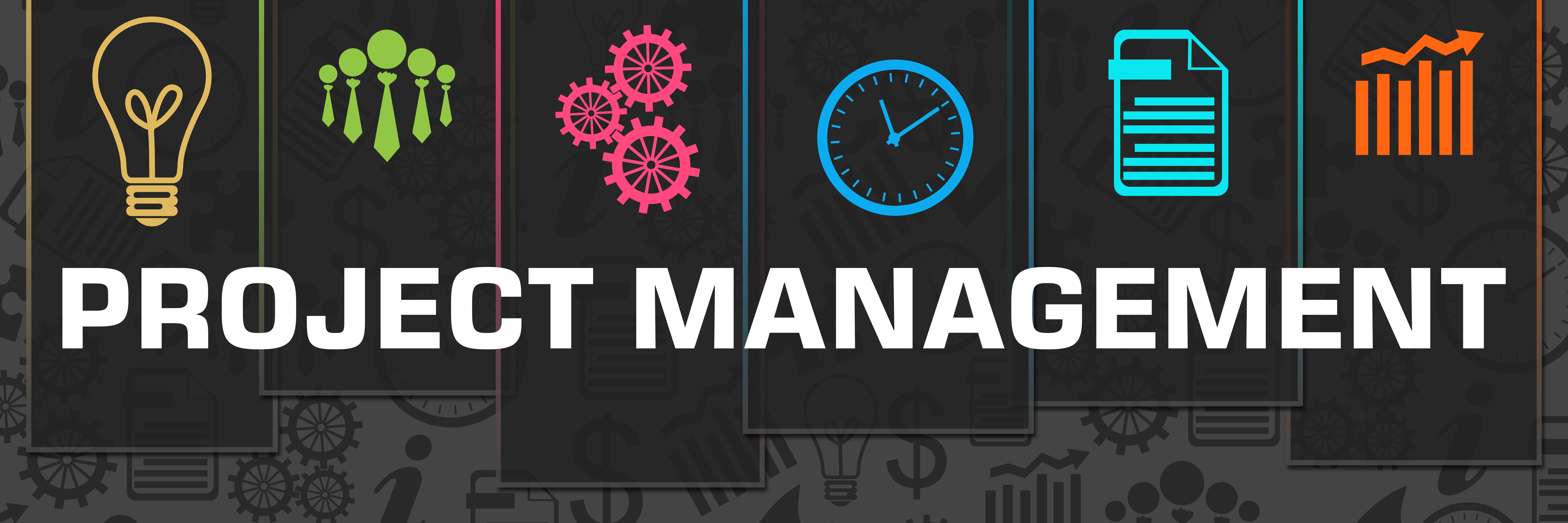AI and sustainability 2023
A contest to identify the advantages and disadvantages of using AI today.
The future of science is being shaped by today’s students and curious young scientists.
It is therefore only consistent that we promote active, controversial and transparent dialogue with and between young scientists and established experts in order to sustainably link innovation and knowledge transfer and thus shape our future.
Together with Berlin Science Week and the media platform te.ma we put out an Open Call to all curious and critical young scientists and students to take part in an “AI and Sustainability” competition.
Our distinguished jury, consisting of Luiza Bengtsson, Benjamin Brake, Marcus Röper, Dr. Isabella Hermann and Eva von Grafenstein, judged the entries we received, and of course the finalists and winner were selected!
Katy Gaffney presented her winning submission “ATS Software: Efficient Innovation or Diversity Disaster?” on 03.11.23 at the Speakers’ Corner of the Berlin Science Week Campus at the Berlin Museum of Natural History. She and co-finalists Marlena Reil and Mar Castell Erill were additionally presented on Zoom one day earlier by our partners at te.ma media platform.
Katy Gaffney’s presentation sparked a lively discussion at the Speakers Corner on the topic of AI in application processes and there were many questions. It was particularly surprising that even so-called “blind” applications without mentioning names and genders can be identified as female by AI, e.g. by recognizing only girl colleges or using words such as “empathy” or “team-focused”.
As Katy Gaffney herself says, this was just the beginning of her exploration of the topic. In the future, she will continue to explore how Europe-wide legislation can help to curb systemic disadvantages caused by AI influence. More in Katy Gaffney’s own words can be found on our YouTube channel.
Sieh dir diesen Beitrag auf Instagram an
All three contributions have also be published on the te.ma media platform.
© High Art Bureau
About our partner:
Berlin Science Week: Every year, between 1 and 10 November, Berlin becomes a nexus for celebrating scientific excellence, knowledge and discovery, and promoting innovative exchange. Berlin Science Week brings together more than 500 speakers, over 150 organisations and an audience exceeding 20,000 during the ten festival days.
becomes a nexus for celebrating scientific excellence, knowledge and discovery, and promoting innovative exchange. Berlin Science Week brings together more than 500 speakers, over 150 organisations and an audience exceeding 20,000 during the ten festival days.
The festival combines in person formats throughout Berlin with online and hybrid events. Our focus is on exchange and reflection: the programme is based on interactive and often interdisciplinary formats ranging from panel discussions, workshops, exhibitions, to VR-experiences, film screenings, music installations and much more. Internationally renowned scientists and institutions contribute to topic tracks reflecting the current challenges and debates in science and society.
About our partner:
Berlin Science Week: Every year, between 1 and 10 November, Berlin becomes a nexus for celebrating scientific excellence, knowledge and discovery, and promoting innovative exchange. Berlin Science Week brings together more than 500 speakers, over 150 organisations and an audience exceeding 20,000 during the ten festival days.
becomes a nexus for celebrating scientific excellence, knowledge and discovery, and promoting innovative exchange. Berlin Science Week brings together more than 500 speakers, over 150 organisations and an audience exceeding 20,000 during the ten festival days.
The festival combines in person formats throughout Berlin with online and hybrid events. Our focus is on exchange and reflection: the programme is based on interactive and often interdisciplinary formats ranging from panel discussions, workshops, exhibitions, to VR-experiences, film screenings, music installations and much more. Internationally renowned scientists and institutions contribute to topic tracks reflecting the current challenges and debates in science and society.

